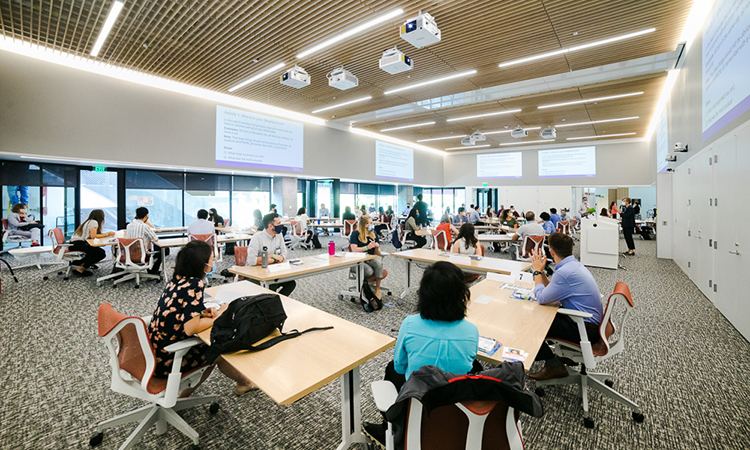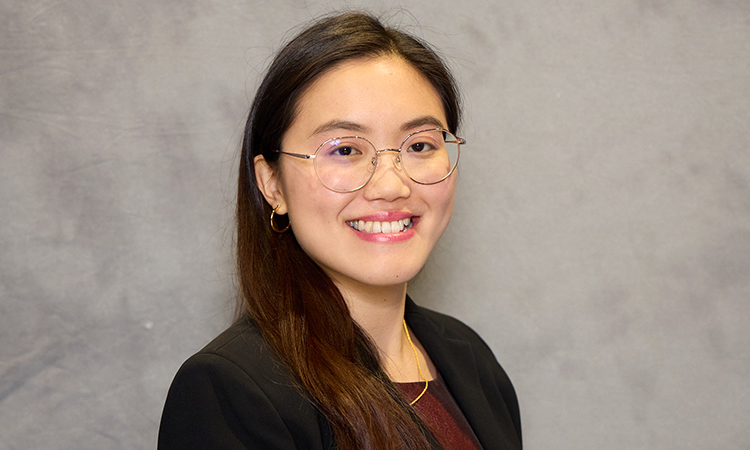The Kaiser Permanente Bernard J. Tyson School of Medicine, in partnership with six Federally Qualified Health Centers (FQHCs), will launch the first part of the school’s singular service-learning program this week.
The school’s inaugural 50-member class will start its service-learning course on Thursday, August 20. The course places students at one of six Southern California-based community health centers—each representing diverse patient populations and clinical specialties—to address community needs under the mentorship of a service-learning preceptor. A cohort of eight or nine students will work with each of the six community health centers, with one pair of students in the cohort rotating in for a half-day each week.
The service-learning course, begun in just the fourth week of instruction, is part of the school’s health systems science curriculum and required of all students in their first two years of instruction. The program provides integrated experiential opportunities for students to learn about health equity and the structural factors that influence health, integrating classroom theory with the practice of community health.
“Our service-learning curriculum is a key part of our students’ education, and one that will help them understand the critical role of community health centers and community supports in the lives of many people,” said Mark A. Schuster, MD, PhD, Founding Dean and CEO of the Kaiser Permanente Bernard J. Tyson School of Medicine. “I want to thank our six service-learning sites for welcoming our students and allowing them to learn among experts in caring for under-resourced communities.”
Our six FQHC partners are located in Greater Los Angeles. The FQHCs were selected for their demonstrated commitment to addressing community health needs, innovation, collaboration, and their close geographic location to the six Kaiser Permanente Medical Centers where the students will receive clinical training during their clerkships. Each center, located in areas that range from the Inland Empire to West Los Angeles, serves a diverse range of patient populations, mirroring their neighborhoods and surrounding communities. Students will have an unparalleled learning environment that reflects the changing demographics of America and the multifaceted healthcare issues facing society, which is part of the school’s approach of weaving equity, inclusion, and diversity into all aspects of its design.
“Service-learning will provide an experiential opportunity for our students to explore the health systems science curriculum they are studying in the classroom, addressing topics such as structural racism, differential access to health care, homelessness, and environmental injustice,” said Maureen T. Connelly, MD, MPH, Senior Associate Dean for Academic and Community Affairs. “Working with our clinic partners, students will have the opportunity to provide service informed by the clinic and their community’s needs, then reflect on the implications of their activities and how their service supports health.”
This is a core part of the school’s mission to help create outstanding physicians with a desire to serve and an unwavering commitment to improve the health and well-being of patients and communities, and also reflects Kaiser Permanente’s longstanding commitment to health equity.
The medical school opened with an inaugural class of 50 students on July 27, 2020. By 2023, it expects to have a student body of approximately 200 students with the goal of 50 students per class.



